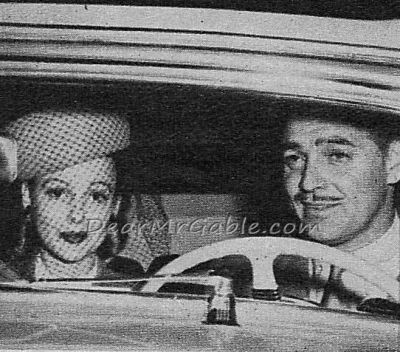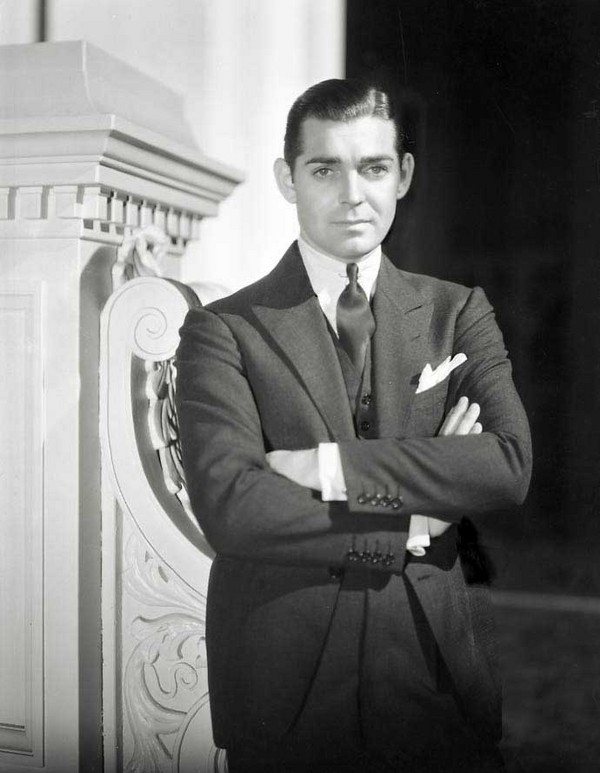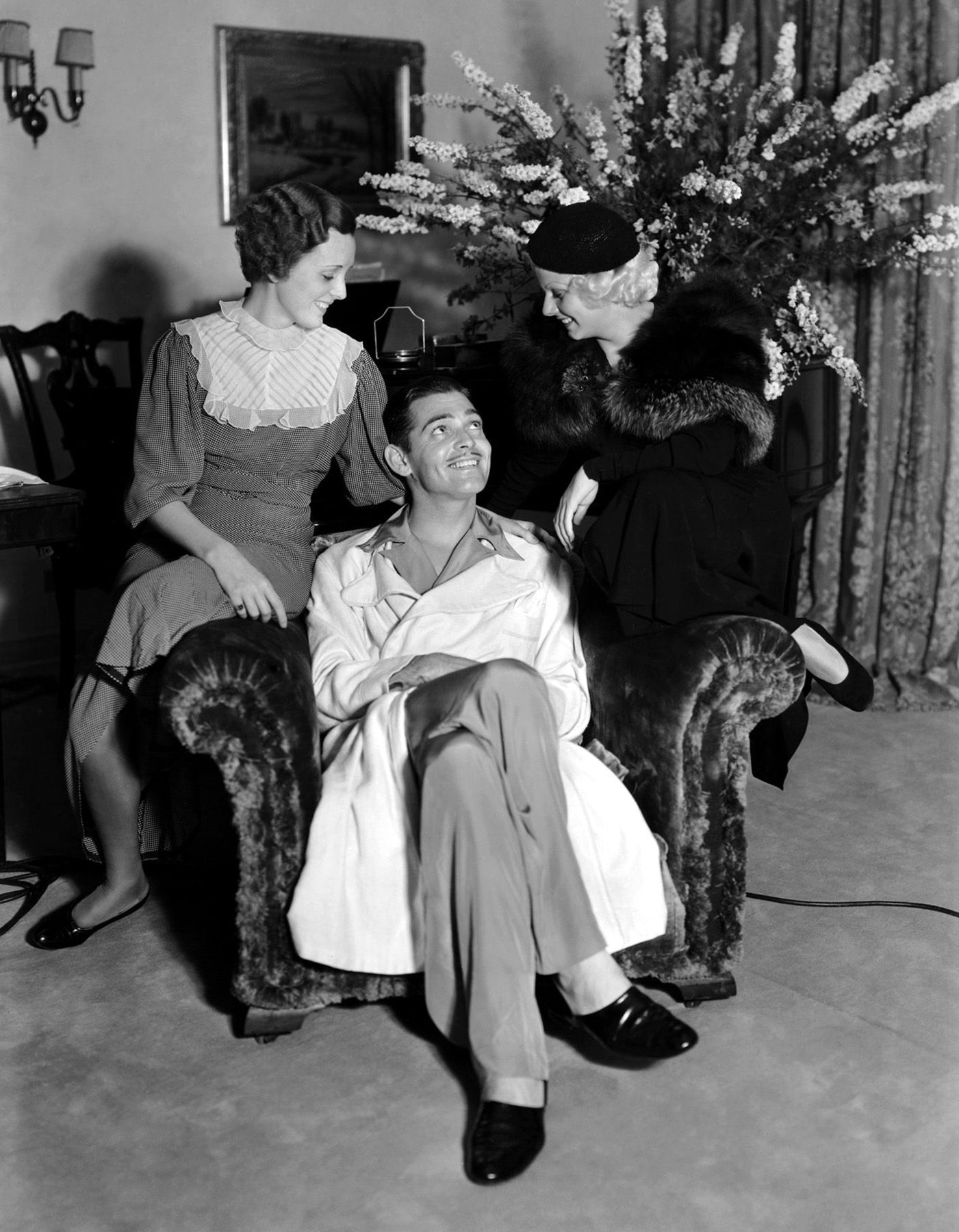
{New Article} 1931: Danger in His Eyes

So here is a little piece from 1931, when Clark Gable first burst on the scene and made a big splash as this big brute of a man that every woman wanted to throw them around.
The following data about Clark Gable are not to be regarded as the delirium of a woman who is only human after all. These are cold facts, almost statistical, the result of sober and dispassionate observation. You needn’t hesitate to believe every word.
Since Clark Gable came to Hollywood, there has been a great unrest at the Metro studio. It is noticeable in every department, affecting all women—from stars to secretaries.
Girls sigh and powder their noses a good deal, with a flushed and flighty air.
Every woman who talks to Mr. Gable comes away from the meeting with a sort of stark look in her eye.
In his pictures, interest is apt to focus on the heavy instead of the heroine. Yet stars want him to work in their pictures, even though they know he may steal them.
The effect is universal and infallible.
All this simply proves that women love menace. And that in spite of all their modern theories of equality and the single standard, the arrogant male has the strongest appeal for them, as he always has had, and always will.
The MGM publicity machine was quick out the gate to push Clark as the manliest man who ever manned. And so, in the midst of this propaganda we get this sexist crap:
If it’s any comfort to them to know it, Mr. Gable is likewise susceptible to women.
“Well, not exactly susceptible,” he said slowly, “but I think they’re marvelous! I don’t think there are any women anywhere in the world to compare with American girls. So smart, so good-looking, so independent and intelligent.
“It isn’t their intellect that makes me like them, but I do admire it in them. I love their courage, and the way they want to do everything men do. For instance, this girl who’s going to try to duplicate Lindbergh’s flight—I think that’s great!”
Clark is not one of the men who resent women’s craving to be man’s equal.
“Men who resent it,” he said, “are men who are worried because they think their supremacy will be threatened. They would admire it, they couldn’t help it, if they didn’t fear it for their own positions.
“I don’t want to be the head man, with women. I do want to be superior to other men. I want to be as good or better than any other man on earth. I have a very strong feeling of competition about that.
“But if a woman does what I do, that’s not competition. Because she’s a different sex, don’t you see? I’m delighted if she can do anything as well as I can.”
In other words, Clark Gable is a man of the magnanimous old school, who knows he can afford to make any concession to women, because they can’t win anyway. He’s aware that his sex makes him superior to them, no matter how many oceans they fly across or political positions they fill.
He can watch them performing their feats, with graciousness and pleasure, because he knows they are beating their pretty little heads against a stone wall.
Men have the upper hand, and unless Nature makes some unexpected changes, they always will have, whether women are suffragettes or downtrodden wives. “I’m glad you said that,” he remarked, “Because that’s it, exactly.”
Now do you see what I mean about the arrogant male? Women may resent this attitude, but they love it, too. They love to be patronized if the patronizer’s shoulders are broad enough, and not padded.
OKAY. When Clark was quoted, I didn’t find his comments sexist, I thought he was being sincere. Then after that it proclaims he “knows he can afford to make any concession to women, because they can’t win anyway. He’s aware that his sex makes him superior to them, no matter how many oceans they fly across or political positions they fill.” And that’s supposed to be okay, because women like him because he’s so arrogant? UGH. And may I add this article was written by A WOMAN. Double ugh. I’m blaming this garbage on the MGM publicity machine more than Clark, as later on when Clark was actually quoted on such matters he was refreshingly not sexist. For example, when he married Carole Lombard and everyone asked him how he felt about the fact that she made more money than he did. He was like, “so what? who cares?”
If you want to read this article in its entirety, its in The Article Archive.
(Article #22 posted in 2019)




2 Comments
Tina Stoukas
Awesome article! Thanks for posting all of these little gems.
Lou Cella
I don’t know why you are being so hard on the MGM machine. After all, the beginning of the article clearly states:
“These are cold facts, almost statistical, the result of sober and dispassionate observation. You needn’t hesitate to believe every word.”